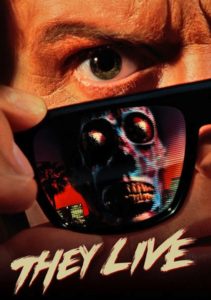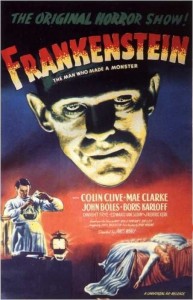As a kid I watched countless hours of Warner Brother cartoons and among my favorite were the Roadrunner and the Coyote. Invariably at some point in his futile attempts to catch the Roadrunner the Coyote would find himself suddenly without ground beneath his feet. For the first few moments, everything was fine, but once became aware of the fact, gravity took command and his fall began.
For more than six year the Republican Party has railed against the ACA and encouraged their political base to view it as an evil that must be destroyed. That destruction has been their premier promise in every election cycle and now, with control of both congress and the White House, it is within their grasp. However, like the Coyote they have discovered that the ground beneath their feet is not what they believed it to be.
Immediate repeal means throwing twenty million or more people off of their insurance. Even if you are not inclined to think of the news media as hostile to conservatives there is no universe where that plays well on the evening news and with number that large nearly every person will know someone who lost their coverage. It will be a painful, personal, and powerful storm of anger.
Not repealing means enraging the base, encouraging the dreaded ‘primary opponent’ that all officials in safe districts fear, and sparking intra-party warfare between the more pragmatic and Freedom Caucus wings.
Repeal and delay, vote for repeal but word it so that the effect occurs two, four, or more years down the road throws a hand grenade into the individual insurance market. What company will want to participate when the market will cease to exist in just a short time? Insurers flee, people loose their coverage, mandate are not enforced and a death spiral for the industry is a real possibility. That means people with deep pockets and political connections will be very angry.
Complicating this terrain is the fact that the President-elect is well known for his lack of consistency. Is he committed to repeal for ‘conservative’ reasons? This is a man who has praised single-payer nationalized healthcare, hardly a conservative policy. And just recently his spokespeople have affirmed that under the President-Elect’s plans no one will their coverage, no one.
They have dashed off the precipice, there is no ground under them save the disastrous and countless distance below, and no one will be inclined to give them any aid.
If they do manage to repeal, without dealing with the very thorny and difficult issues infusing this problem, (Which is likely because in six years they have advanced zero legislative packages to institute a ‘conservative’ solution.) they will have done more to hasten single-payer in this country than any ten liberal politicians.



